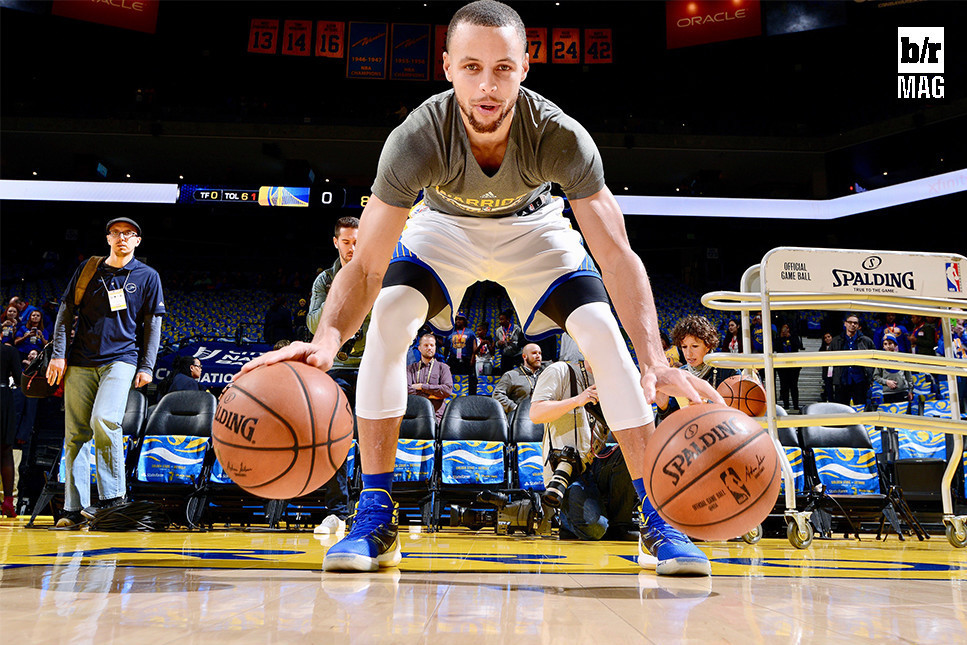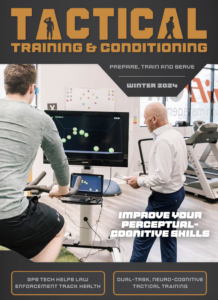Jun 16, 2022 Steph Curry’s Training Teaches How to Prevent Falls, Improve Military Performance

What can pro basketball star Stephen Curry’s training program teach us about fall prevention, military tactical performance, stroke or concussion rehab, and slowing or preventing the progression of Parkinson’s disease or dementia? Or for that matter, any other daily activity that requires the brain and body to work efficiently together to achieve optimal performance?
Dr. Mike Studer, DPT and world-renowned expert on dual-task (aka cognitive-physical or brain and body) training, believes Curry’s program tells us much about how we can all train to live healthier, happier, and more productive lives. Dr. Studer has been using SMARTfit in his practice for almost four years and developed the company’s exclusive Dual Task Cost Test, which measures and suggests programming to improve performance.
“Curry starts every warmup by dribbling two basketballs simultaneously,” observes Dr. Studer. “What he’s doing is known as dual tasking. When he’s in the game and only having to dribble one basketball, he’s trained himself to be so automatized, what’s known as procedural memory, that he doesn’t require any of his cognitive resources to handle one basketball. He practices repeatedly by dribbling two basketballs so that his proficiency with one basketball and cognitive attention to the rest of Curry’s game is highly elevated.”
On Tactical Performance
“What if I translated that idea into the decision-making processes required of our “tactical athletes” in the armed forces, police, and firefighters,” continues Dr. Studer. “If I need to make quick decisions that my life and those around me depend on, I need to be able to run, decision-make, stop, fire, and consider everything in the environment at once. A tactical athlete needs endurance of the body, endurance of the mind, rapid decision making, and the ability to not only dual, but multi-task. So SMARTfit has already created an entire programming platform specifically for them.”
On Other Degenerative Diseases, Stroke, Concussion
“Another important reason for training cognitive reserve is if you’re stricken with a degenerative disease like Parkinson’s or a one-time insult (medical term) such as stroke or concussion, you will have elevated your nervous system capabilities so that the insult takes from a larger pool of resources that would not have been available if you had not pre-habilitated or trained your brain and body over time to work more effectively together.”
» ALSO SEE: Off-Duty Firefighter Saves Ref’s Life During Basketball Game
On Preventing Falls
“There is clear evidence for the functional significance of DTI (dual-task intervention) on gait speed, fall frequency, and independence of gait. Dual-task training can simulate attentional demands such as talking, texting, cleaning glasses, and assessing a dynamic environment while walking. Neuroplasticity (learning) comes when sufficient demand during therapy or training pushes the organization of the motor control of gait into the procedural memory centers.”



